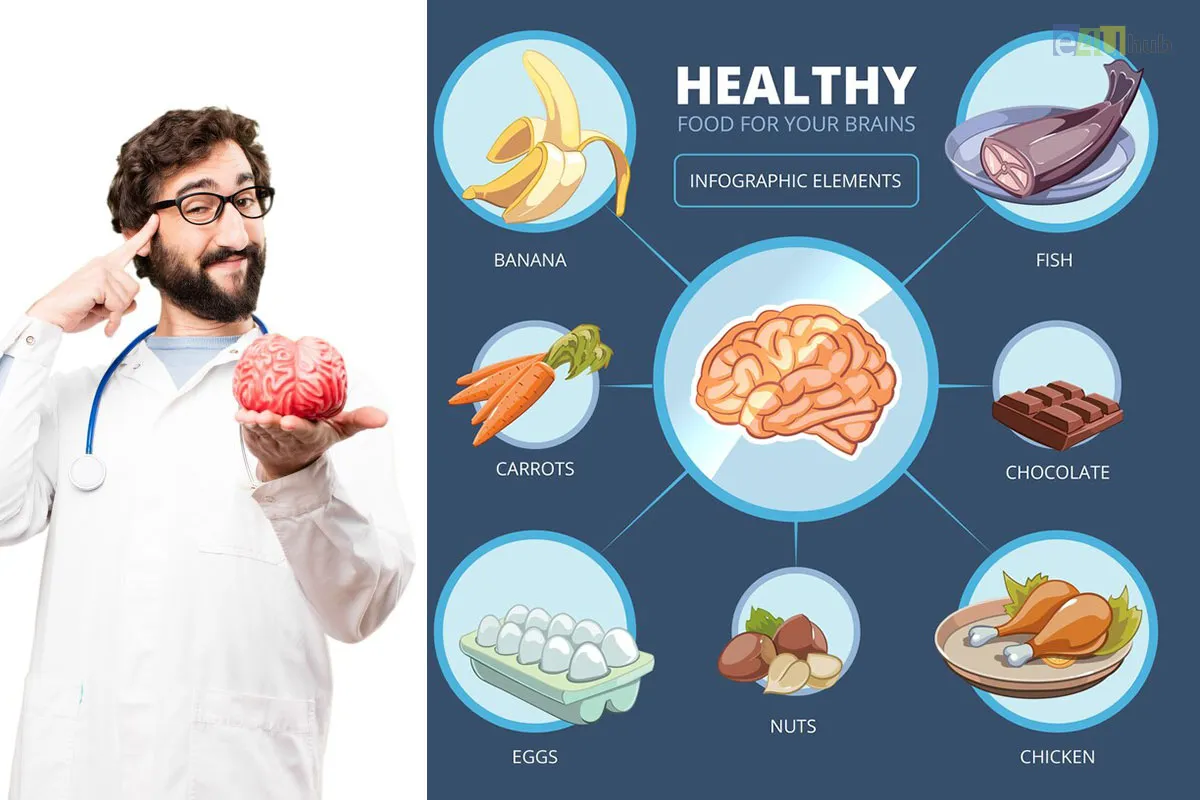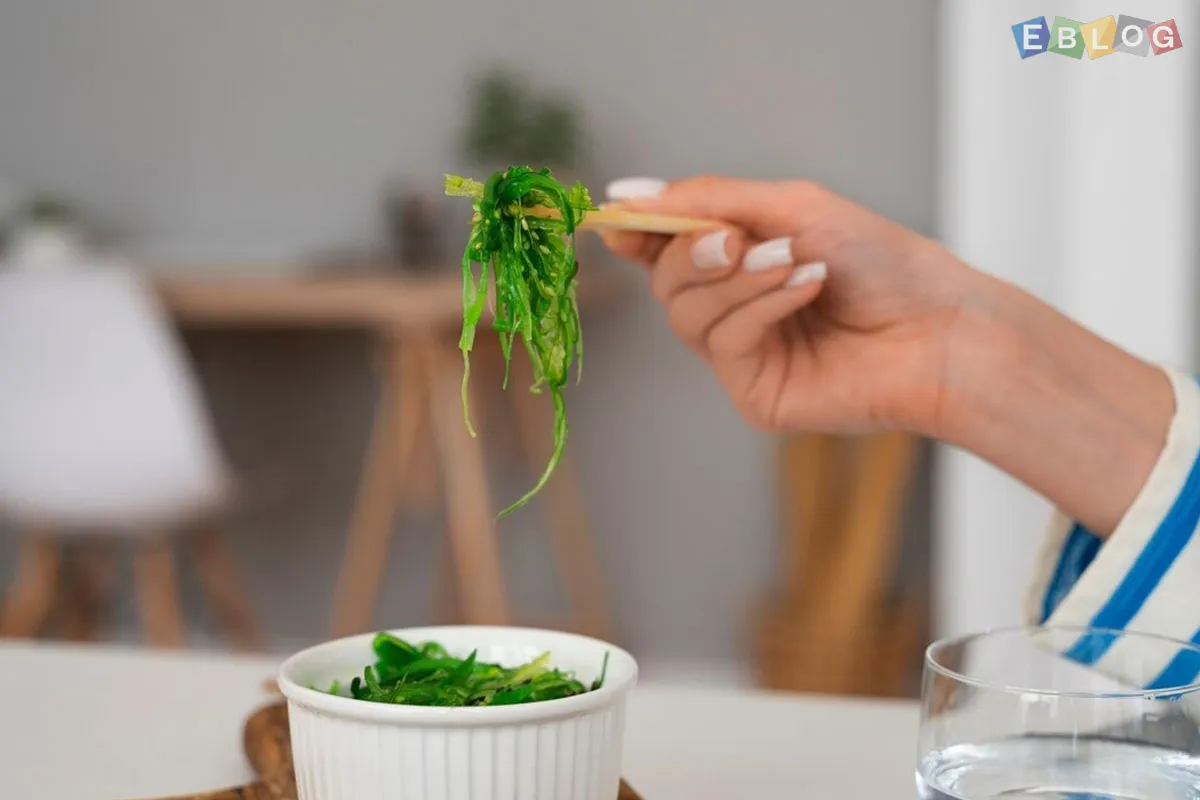
5 Foods You Should Be Eating For Better Gut Health In 2024
- 25 Jun, 2024
- Food
- 565 Views
- 0 Comments
Maintaining a healthy gut is essential for overall well-being. The gut microbiome, a complex ecosystem of trillions of microorganisms, plays a crucial role in digestion, immune function, and even mental health. As research evolves, so does our understanding of which foods are most beneficial for gut health. Here are five foods you should be eating in 2024 for a healthier gut.
1. Fermented Foods
Why They’re Good:
Fermented foods are rich in probiotics, which are beneficial bacteria that can help balance the gut microbiome. These bacteria aid in digestion, enhance the immune system, and can even improve mood and mental health.
Examples:
a. Kefir: A fermented milk drink that’s packed with probiotics. It’s often more potent than yogurt and suitable for those who are lactose intolerant.
b. Sauerkraut: Fermented cabbage that is rich in probiotics and fiber.
c. Kimchi: A spicy Korean side dish made from fermented vegetables, typically cabbage and radishes, which is full of probiotics and vitamins.
How to Incorporate:
Add kefir to your morning smoothie.
Use sauerkraut or kimchi as a tangy topping for salads, sandwiches, or grain bowls.
2. Fiber-Rich Foods
Why They’re Good:
Dietary fiber is essential for gut health because it acts as food for the beneficial bacteria in your gut. It promotes regular bowel movements and can help prevent digestive issues such as constipation and bloating.
Examples:
a. Chia Seeds: High in fiber and omega-3 fatty acids, which have anti-inflammatory properties.
b. Legumes: Beans, lentils, and chickpeas are excellent sources of fiber and protein.
c. Whole Grains: Foods like oats, barley, and quinoa provide a good amount of dietary fiber.
How to Incorporate:
Sprinkle chia seeds on your yogurt or add them to smoothies.
Include a variety of legumes in soups, stews, and salads.
Start your day with a bowl of oatmeal or use quinoa as a base for meals.
3. Prebiotic Foods
Why They’re Good:
Prebiotics are types of fiber that feed the beneficial bacteria in your gut, helping them to grow and thrive. They are essential for maintaining a healthy and balanced gut microbiome.
Examples:
a. Garlic: Contains inulin, a type of prebiotic fiber that supports gut health.
b. Onions: Rich in prebiotics and also provide antioxidants.
c. Bananas: Particularly green bananas, which contain resistant starch that acts as a prebiotic.
How to Incorporate:
Add chopped garlic and onions to your cooking.
Enjoy a banana as a snack or add it to smoothies and oatmeal.
4. Polyphenol-Rich Foods
Why They’re Good:
Polyphenols are plant compounds with antioxidant properties. They promote the growth of beneficial gut bacteria and have anti-inflammatory effects.
Examples:
a. Berries: Blueberries, strawberries, and raspberries are all rich in polyphenols.
b. Green Tea: Contains high levels of catechins, a type of polyphenol.
c. Dark Chocolate: Choose varieties with at least 70% cocoa for the most benefit.
How to Incorporate:
Add berries to your breakfast, whether it's cereal, yogurt, or smoothies.
Enjoy a cup of green tea in the morning or afternoon.
Treat yourself to a small piece of dark chocolate for dessert.
5. Omega-3 Rich Foods
Why They’re Good:
Omega-3 fatty acids have anti-inflammatory properties and can help maintain the integrity of the gut lining. They are also known to promote heart and brain health.
Examples:
a. Fatty Fish: Salmon, mackerel, sardines, and trout are excellent sources of omega-3s.
b. Flaxseeds: Provide a plant-based source of omega-3s.
c. Walnuts: Another plant-based option rich in omega-3s.
How to Incorporate:
Aim to eat fatty fish at least twice a week.
Add ground flaxseeds to your smoothies, oatmeal, or salads.
Enjoy walnuts as a snack or add them to your morning cereal.
Conclusion
In 2024, taking care of your gut health is more important than ever. By incorporating these five foods into your diet, you can help maintain a healthy and balanced gut microbiome, leading to improved digestion, better immune function, and overall well-being. Remember to enjoy a variety of these foods to maximize their benefits and keep your meals interesting and delicious. Here’s to a healthier gut and a healthier you!















Leave a Reply